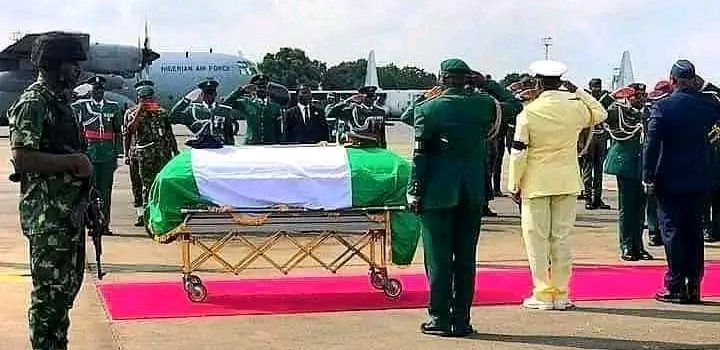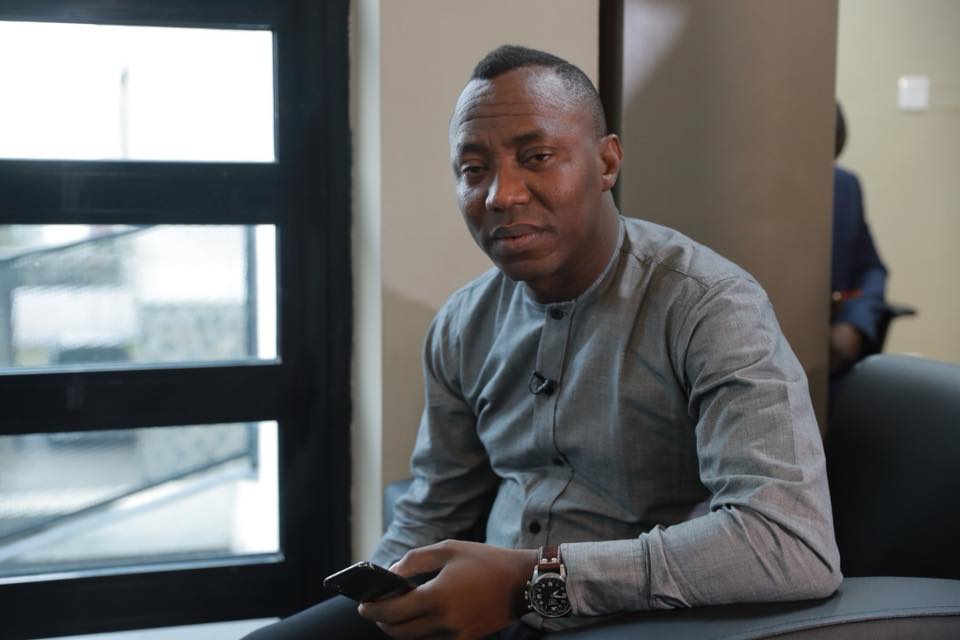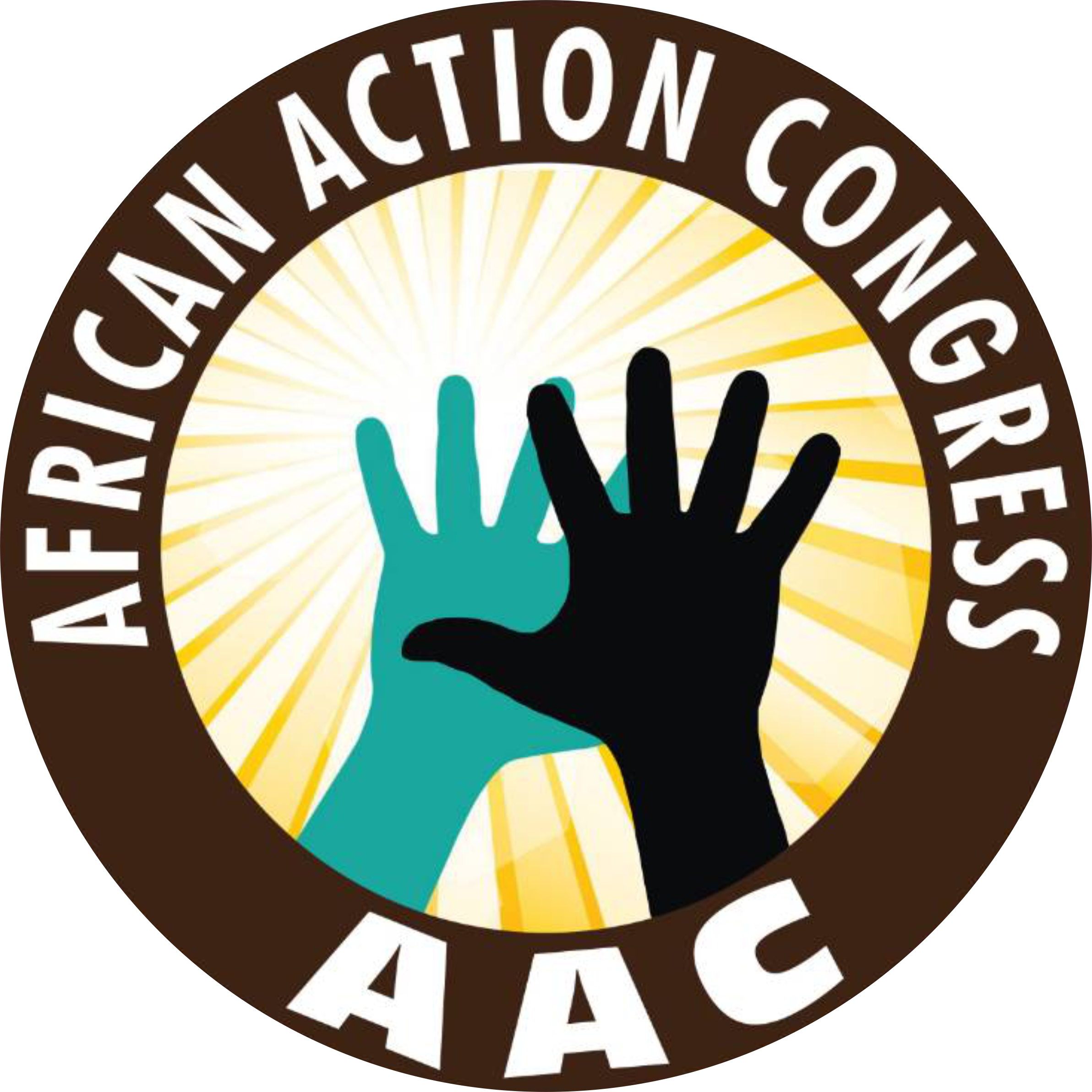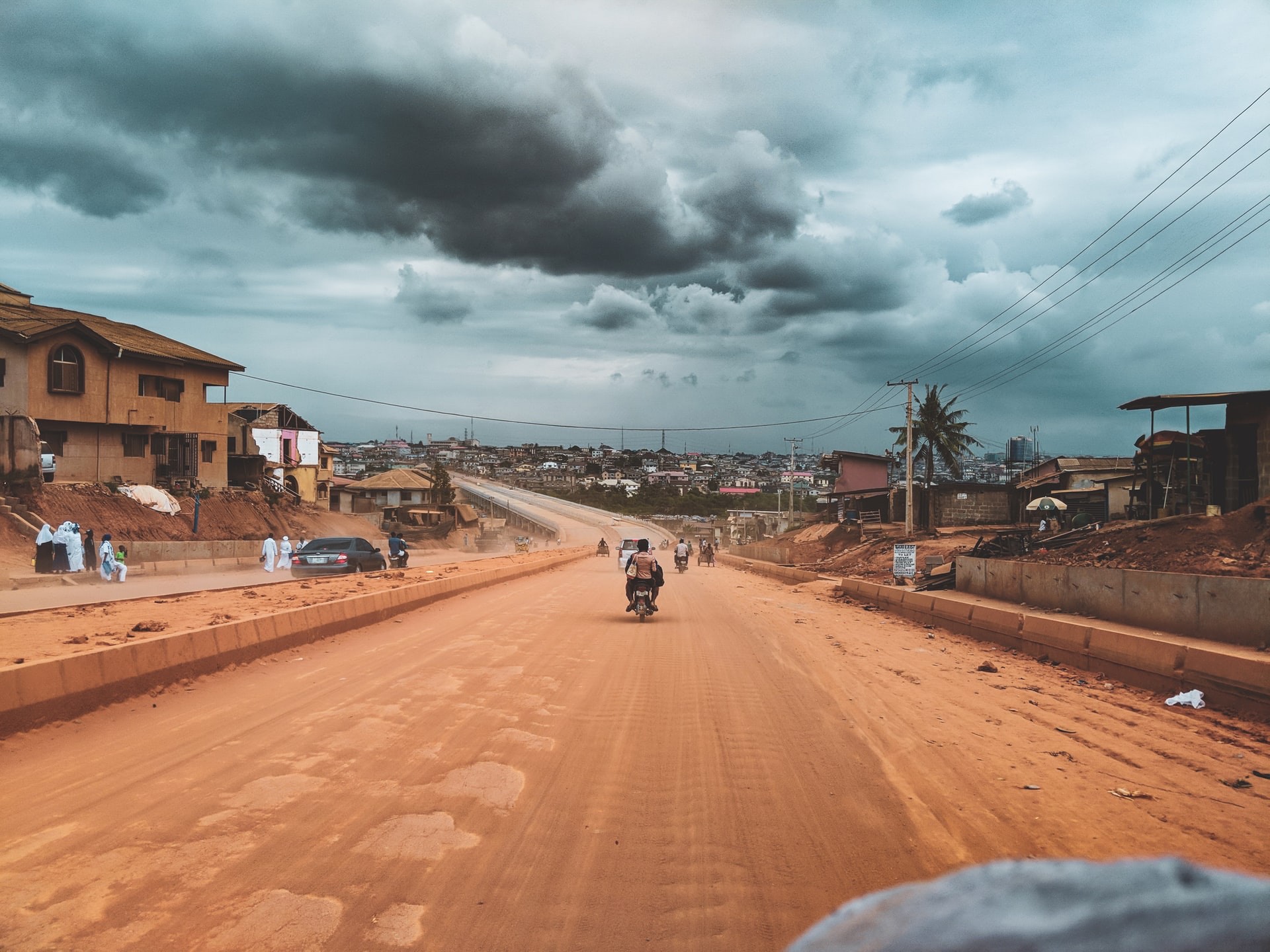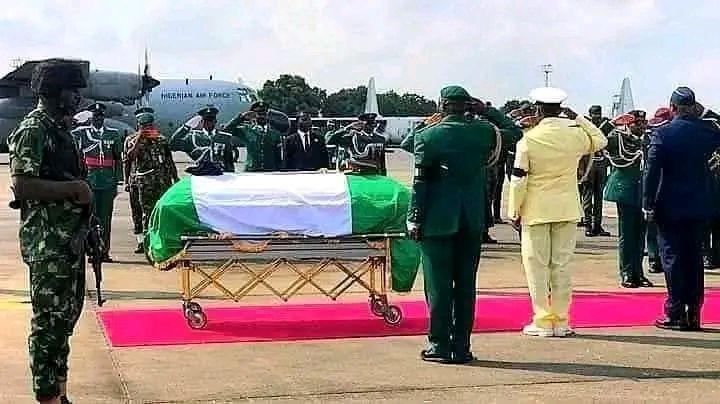
Former President Muhammadu Buhari died abroad, far from home, in a foreign hospital. His death, while solemn, is also symbolic. It reflects a painful irony: the same country whose leaders refuse to invest in its healthcare system continues to starve its own healers. Nigerian doctors and health professionals, the true lifeblood of the nation, are underpaid, overworked, and systemically ignored. While political elites escape abroad for care, those who remain behind to hold the fragile system together are left to struggle in silence with little support and even less dignity.
The Nigerian health system is in a state of emergency, crippled by gross underfunding and a mass exodus of medical professionals. While public hospitals deteriorate, political elites indulge in medical tourism, flying abroad for treatments that could be managed locally. This is an insult to every Nigerian who has no choice but to rely on poorly funded public hospitals.
The masses bear the brunt of this collapse, facing endless queues, dilapidated infrastructure, and overworked doctors who themselves are victims of a broken system. The “Japa” syndrome has led to the departure of thousands of our best healthcare providers due to inadequate pay, poor welfare, and lack of adequate security. Those who remain are stretched thin and overwhelmed, expected to perform miracles under frustrating conditions.
Moreover, beyond exhaustion, many doctors feel frustrated, undervalued, and financially insecure.
A frustrated doctor can inadvertently become a dangerous one, not out of intent, but because the environment fosters mistakes, burnout, and emotional detachment. Medicine may be a humanitarian profession, but using that to justify poor pay and welfare neglect is moral injustice at its worst.
The poor pay has forced many medical professionals to work at multiple hospitals, often to the detriment of their health and family.
Health workers in Nigeria deserve much more: better pay, housing, and car loans, opportunities for professional development, and mental health support. These are not luxuries, they are critical investments in the nation’s survival and well-being. The masses, civil society organizations, and religious bodies should join the advocacy for this. No country mistreats its health workers and thrives. A nation that cannot protect its healers is ultimately unfit to protect its people.
The fact that political elites chose foreign hospitals over local ones is a damning confession: they do not believe in Nigeria. They do not trust the system they have created, nor do they care for the lives of the ordinary citizens they swore to protect. This is a profound betrayal that cannot be ignored.
In light of this disgraceful reality, the Nigerian Medical Association (NMA) must take urgent action. A bill should be sponsored to prohibit public office holders from seeking medical care abroad for any condition that can be managed in Nigeria. Our leaders should be compelled to use the same system they oversee. If they can subject themselves to our justice system, they should do the same with our health sector.
Nigerians have internalized years of pain and disillusionment, and their reaction to the death of their leaders reflects the raw emotion of a people long abused and neglected.
If the time ever comes when Nigerians decide to channel their pain into action, history will not be kind to those who failed to act when they had the chance. The ruling class cannot afford this, and hence the need for them to demonstrate patriotism and a genuine care for the masses.
Now that former President Buhari has been buried, we must also bury the years of neglect, poor remuneration, and systemic disregard for the welfare of our medical personnel. Let his passing signal a new era where those who hold up our healthcare system are valued, respected, and adequately rewarded.
A reformed health system with good remuneration for its personnel is not a luxury; it is the foundation of a nation that values life, justice, and its people.
Dr. Adunmoye Ayoade
[email protected]
